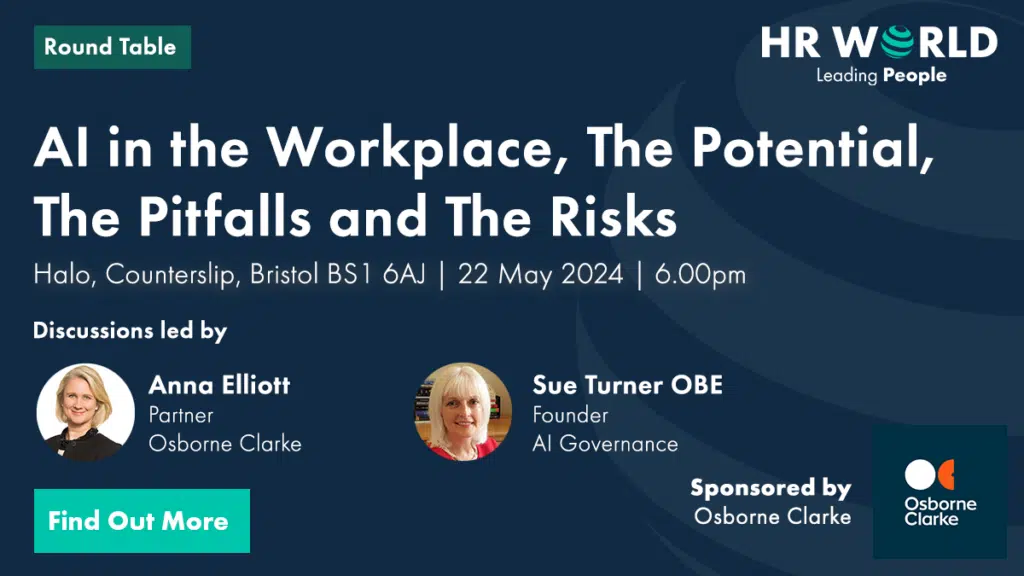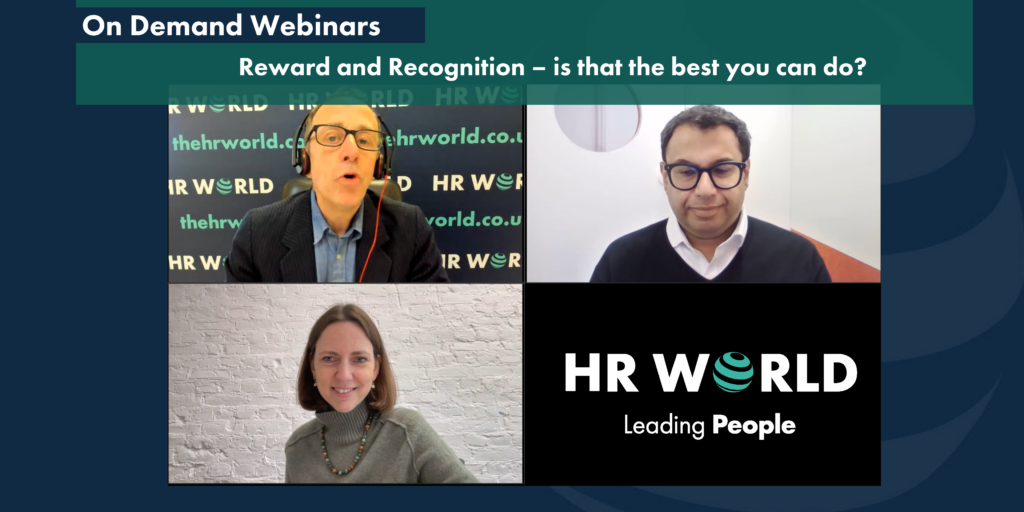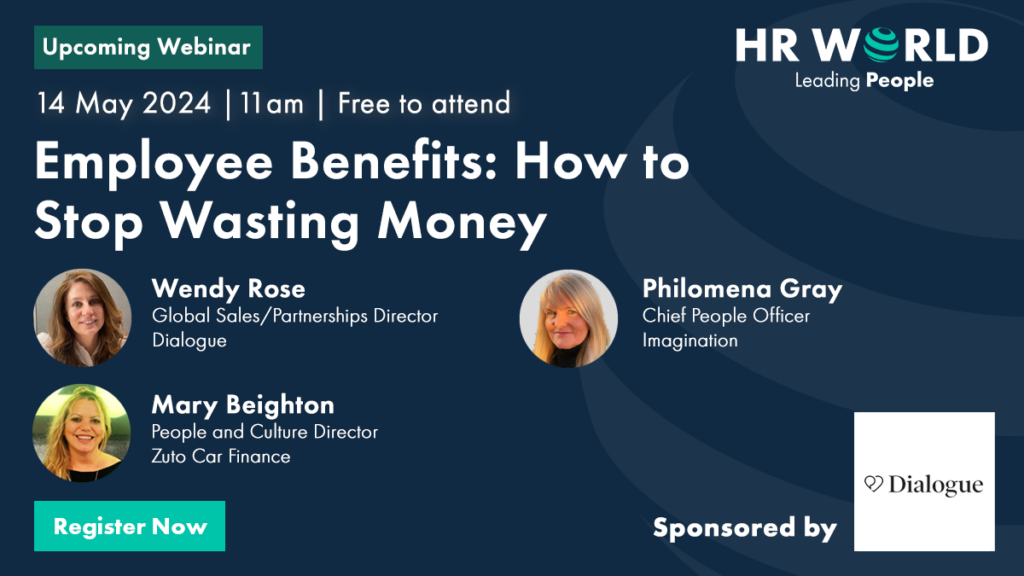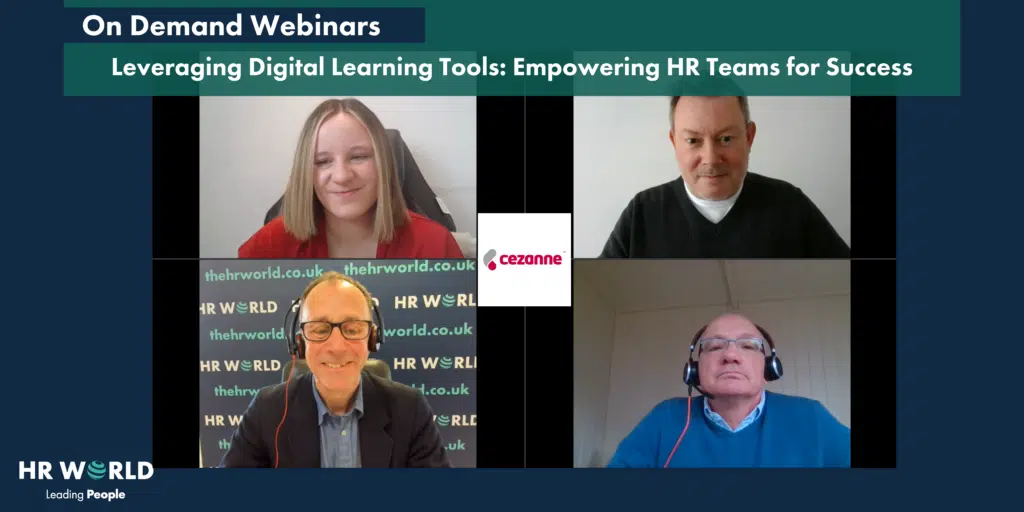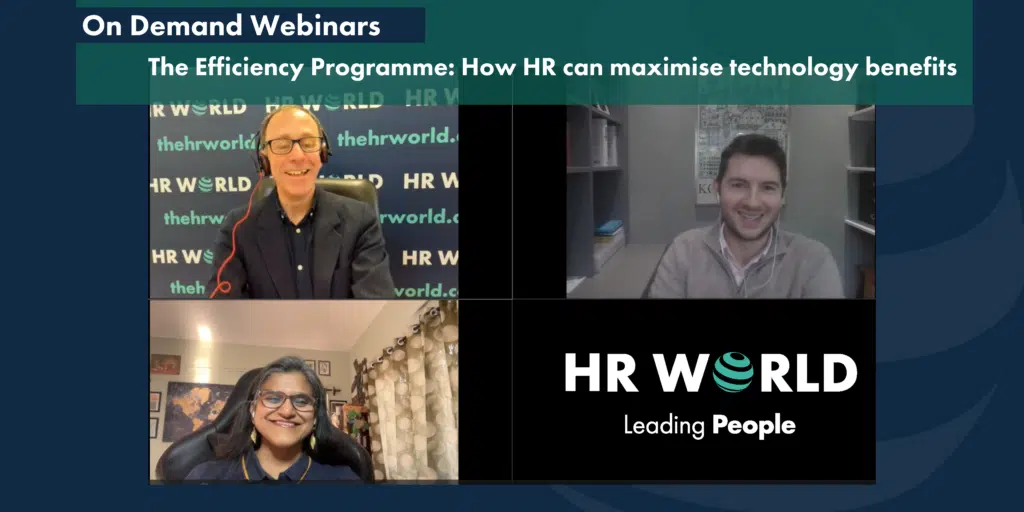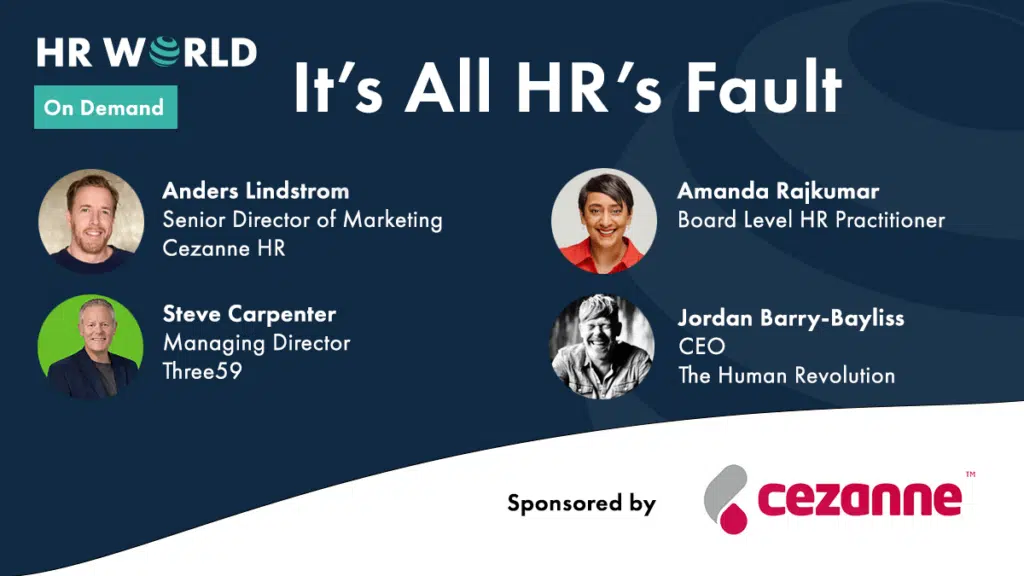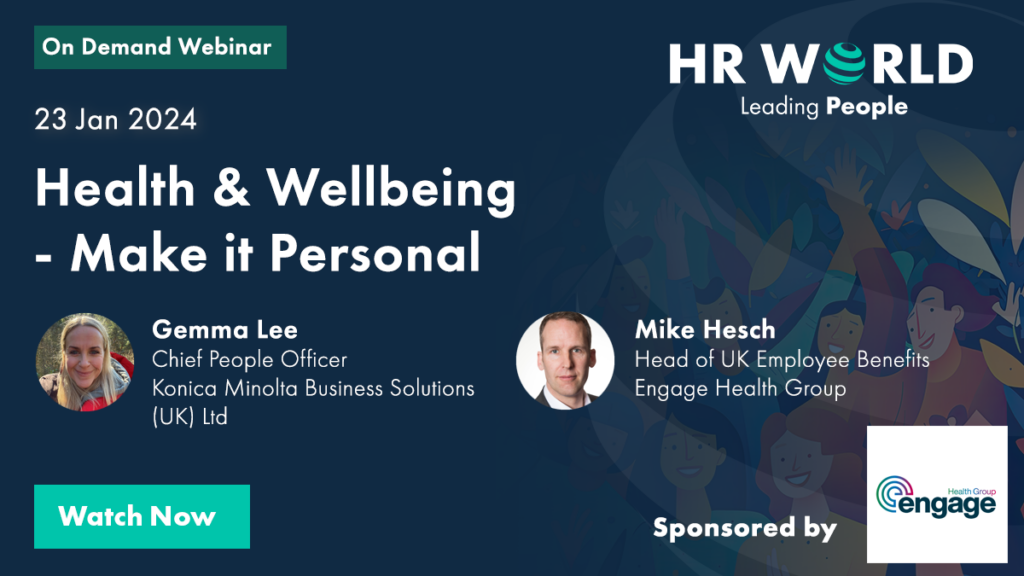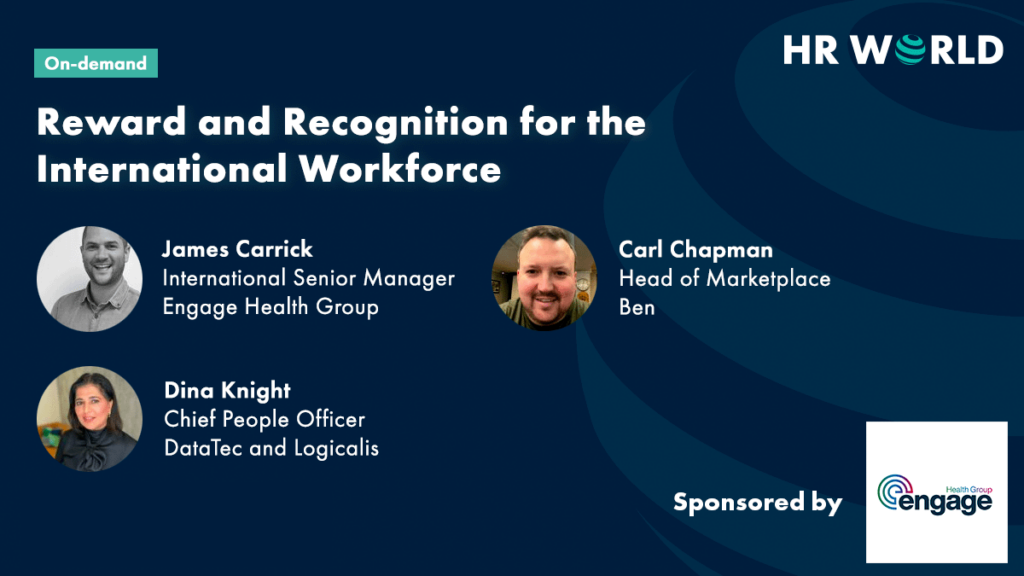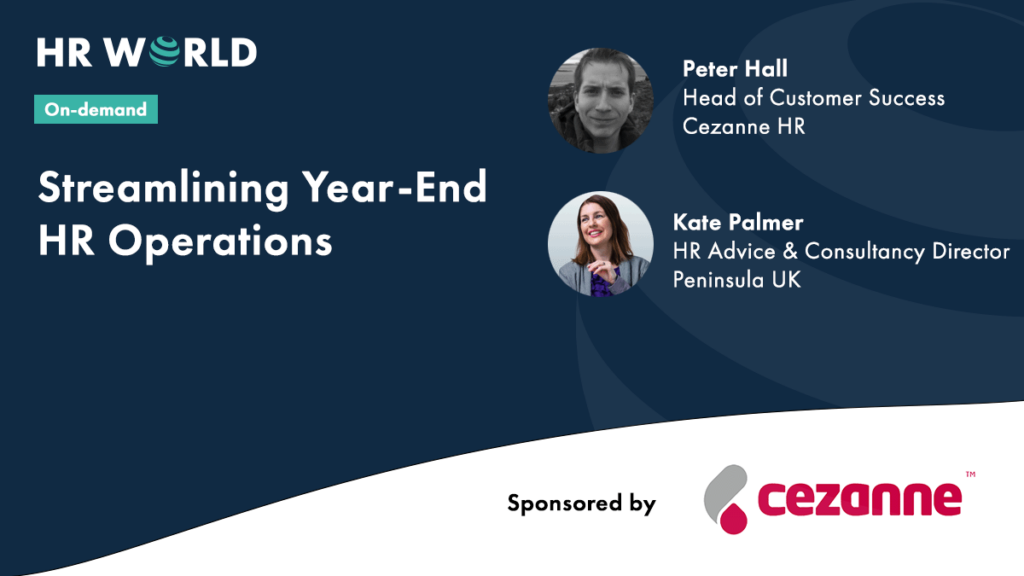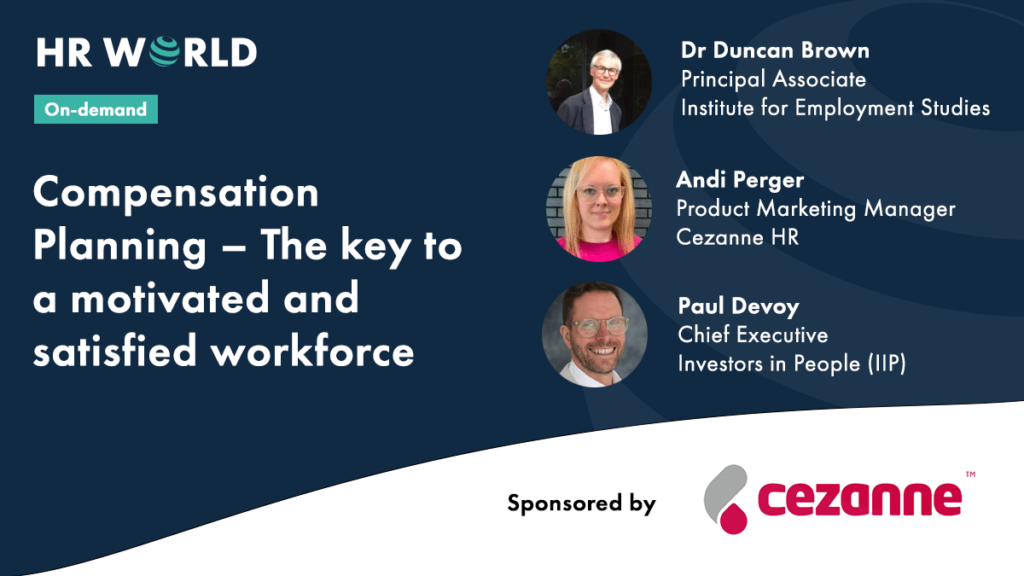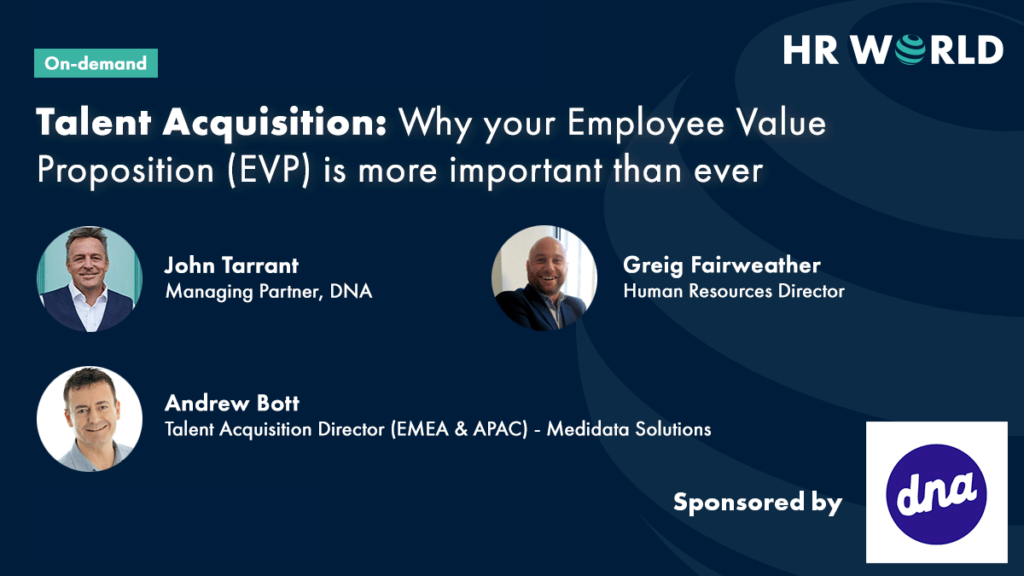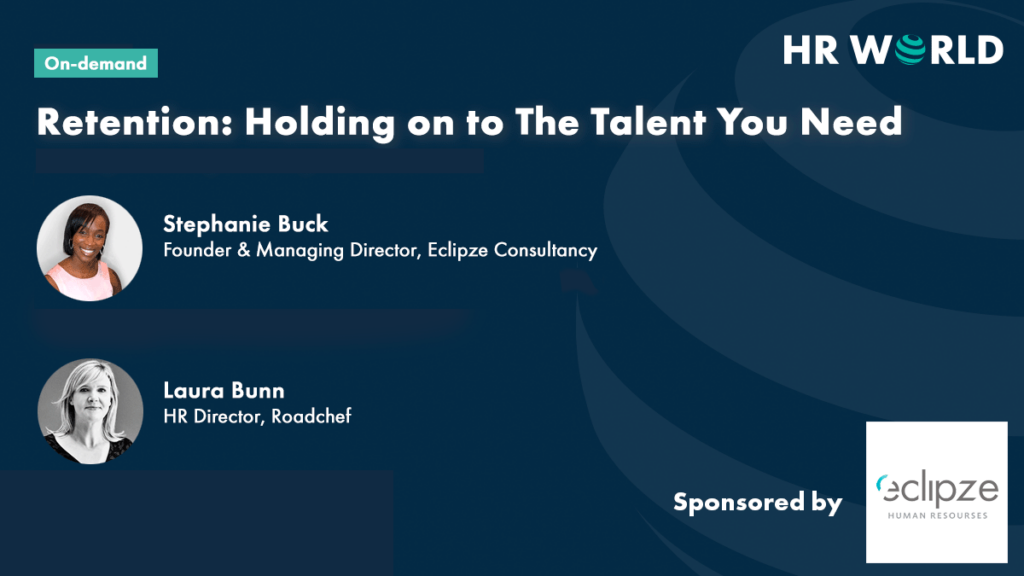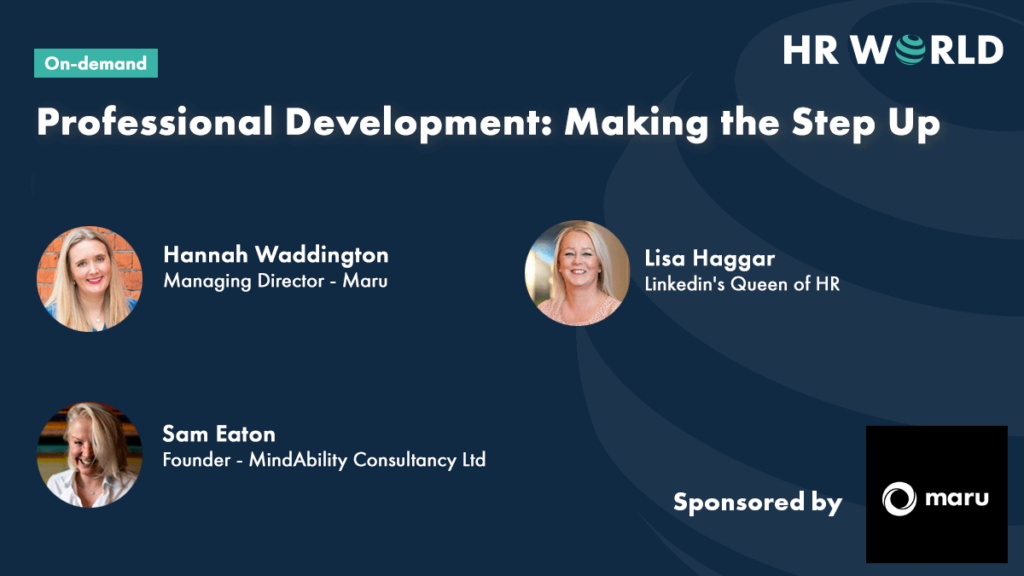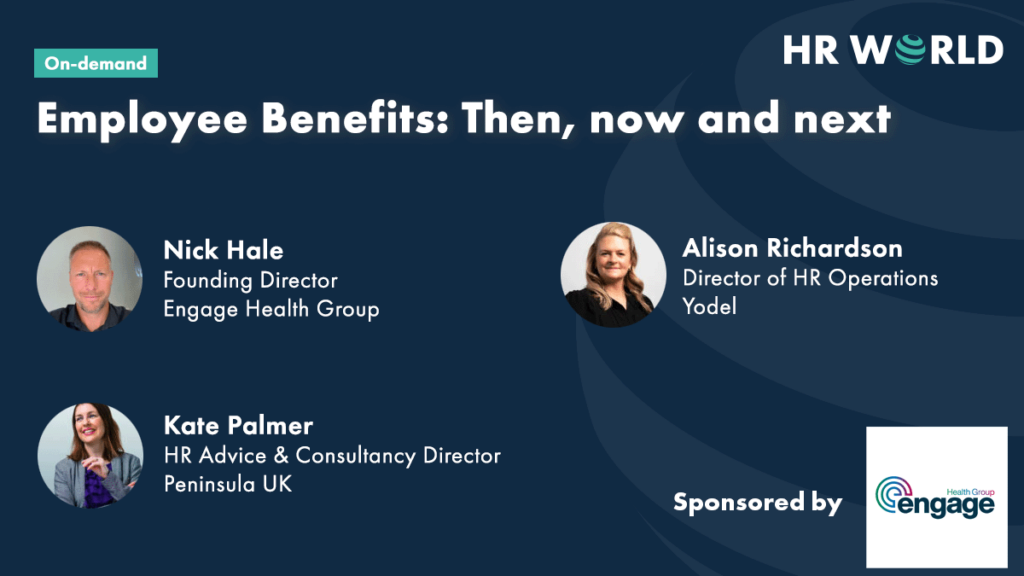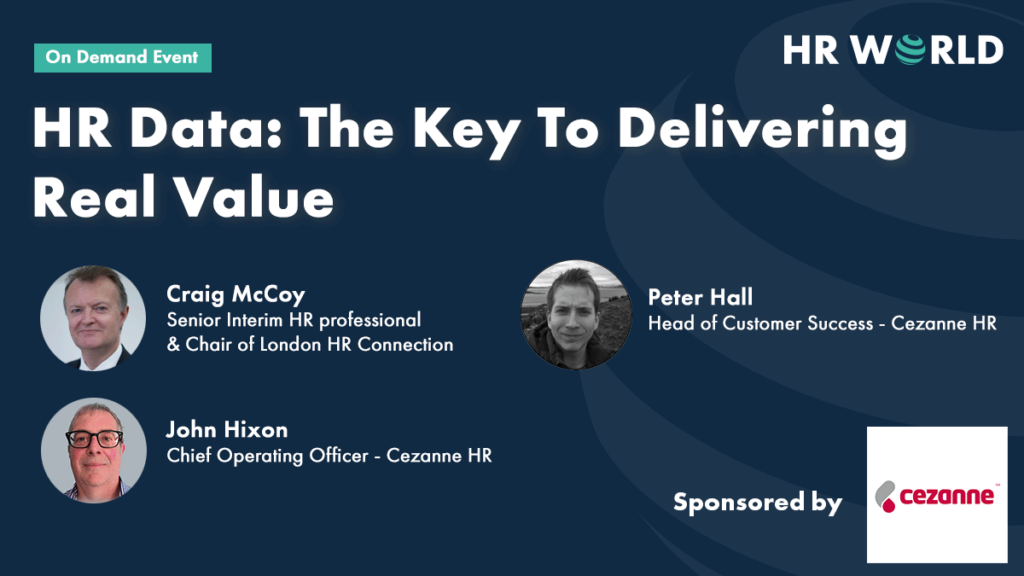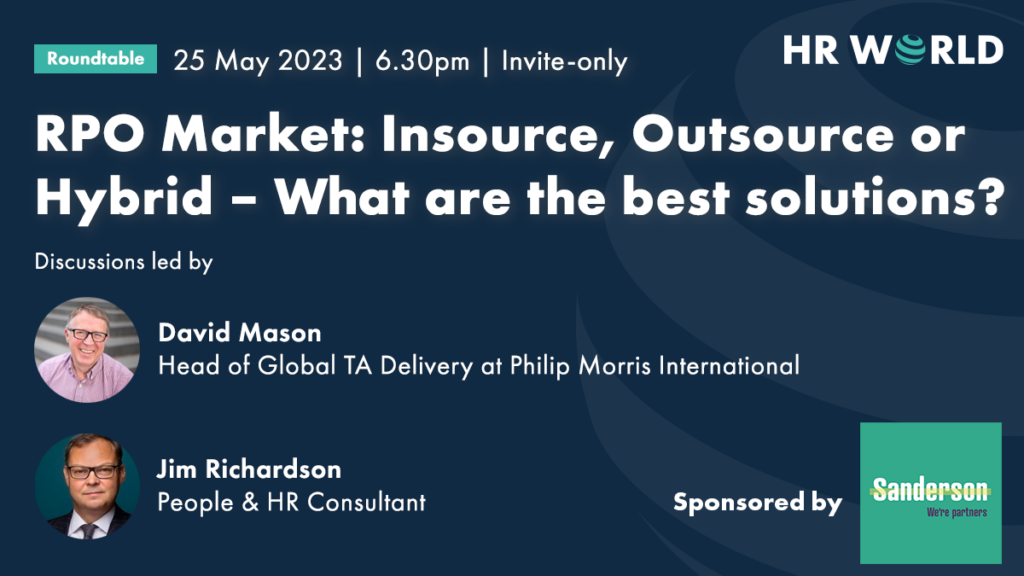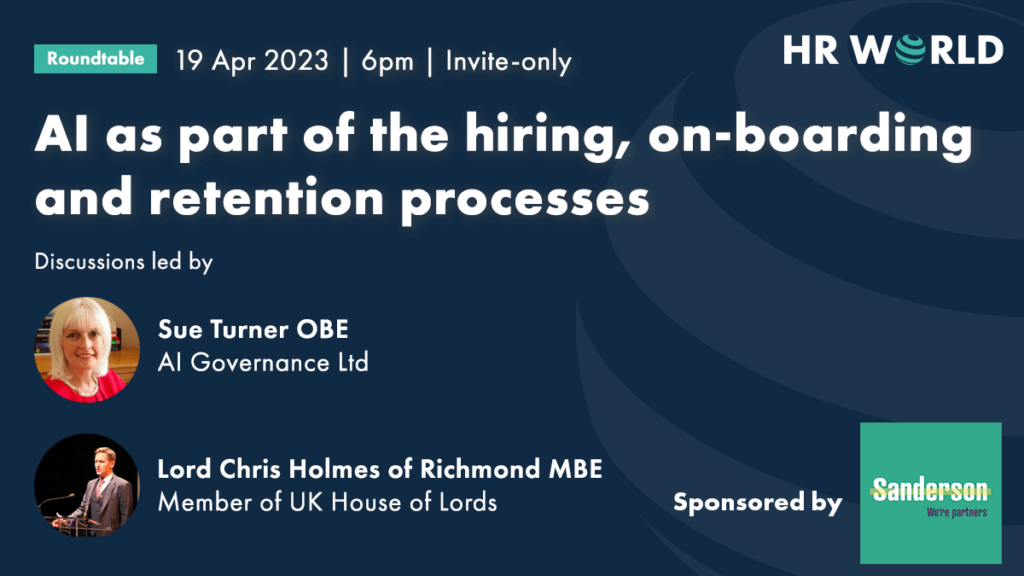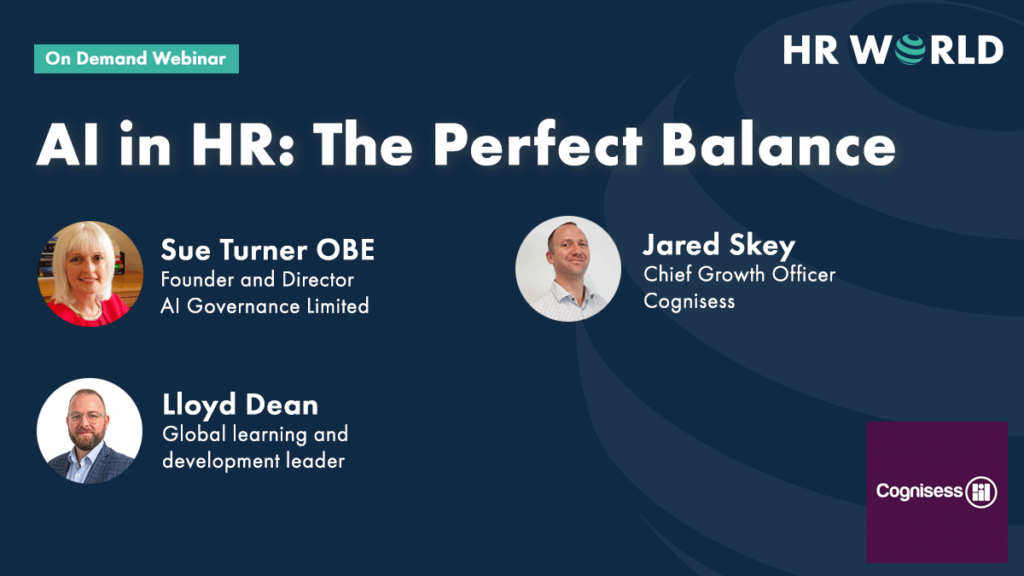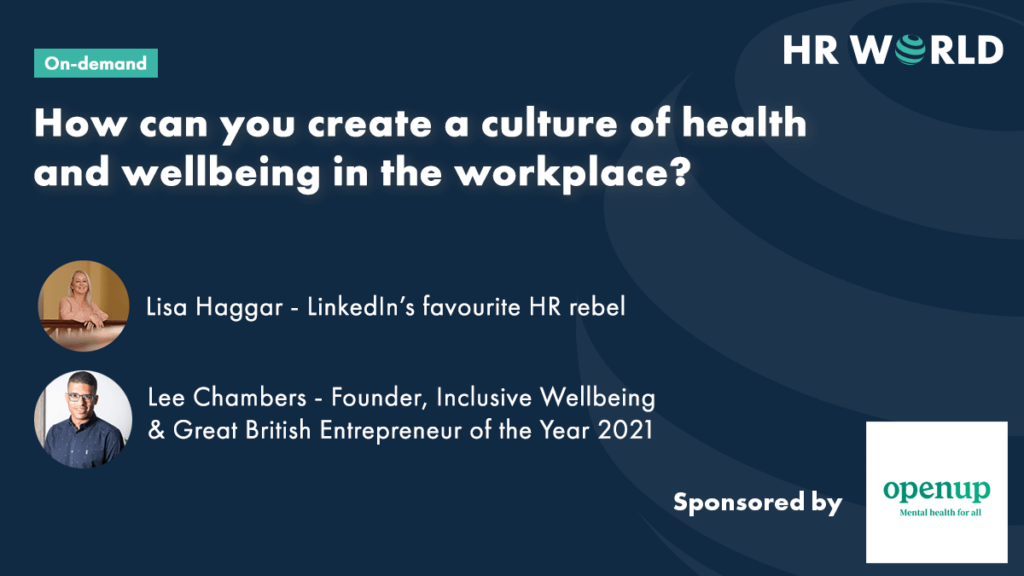Home » News » Industry News » The Year of Work and Wellbeing
The Year of Work and Wellbeing
10 January 2024 Industry News

Story by
Simon Kent Head of Content – The HR World

Nurse-led health and wellbeing provider RedArc and healthy eating platform Lifesum have both outlined trends for workplace wellbeing over the next year. In the face of increasingly complex health demands, together with the need for a content and productive workforce, HR will need to ensure their provision is up to the job to get the best from their workforce.
Wesleigh Roeca, Lifesum’s Director of Workplace Wellbeing, says that 2024 will see a major strategic shift from reactive to proactive employee wellness. Holistic health and preventative health will take greater priority as employers realise the benefits of a proactive ‘whole person’ approach to health and wellness. “Research has shown that it can create long-term benefits for employees, as well as reducing costs associated with treating preventable conditions,” says Roeca, adding that advances in AI will also play a major role, enabling employees to spot early warning signs and implement rapid response.
Naturally mental health will take greater priority for employers, particularly as wellbeing programmes which address this are rated as a top priority by Gen Z and millennials. However, hormonal health and longevity/functional health will also be important for the workforce as well as delivering huge benefits to employers through securing and supporting a more productive workforce.
More options for better health
In the face of increasing demands, Christine Husbands, Commercial Director, RedArc believes employers now have more options than ever before: “Those looking to offer health and wellbeing support have an overwhelming amount of choice, such has been the prolific growth in this sector,” she says. “Therefore, identifying providers who can make a material difference to health outcomes is paramount and will be a significant focus throughout the year, particularly as contracts are renewed and renegotiated.”
Support for long-term sick
Husbands believes that the national economic situation will mean the long-term sick are increasingly supported in work. It may be the case that with specialist support, some of the current cohort may not have to be absent from the workplace but to ensure these numbers do not rise, specialist condition-specific support also needs to be available.
Husbands forecasts a greater focus on the measurement of outcomes – primarily for the reassurance of employers, insurers and the individuals themselves. She says all parties will put greater significance on pre and post assessments which can only be accurately delivered by clinically trained practitioners. RedArc predicts the availability of demonstrable customer outcomes will carry greater weight for employers when selecting a new partner organisation.
Holistic health for longer life
With the promise of a longer-living population, the emergence of holistic health, a better understanding of how nutrition impacts workplace outcomes and transformative artificial intelligence, workplace wellbeing could undergo a revolution in the next year with a general switch towards preventative care felt by many.
This is undoubtedly a market that is becoming larger, but it’s also more: “A plethora of companies offering health and wellbeing support are now available but those who procure such support for the benefit of their employees and customers are becoming increasingly aware of the potential gaps or short fallings in the service they receive,” says Husbands. “In many cases, it simply isn’t adequate and may only offer light-touch support. Clinically-trained experts are the best people to deliver expert support and we expect increased focus on this during 2024.”



